Forum Replies Created
-
AuthorReplies
-
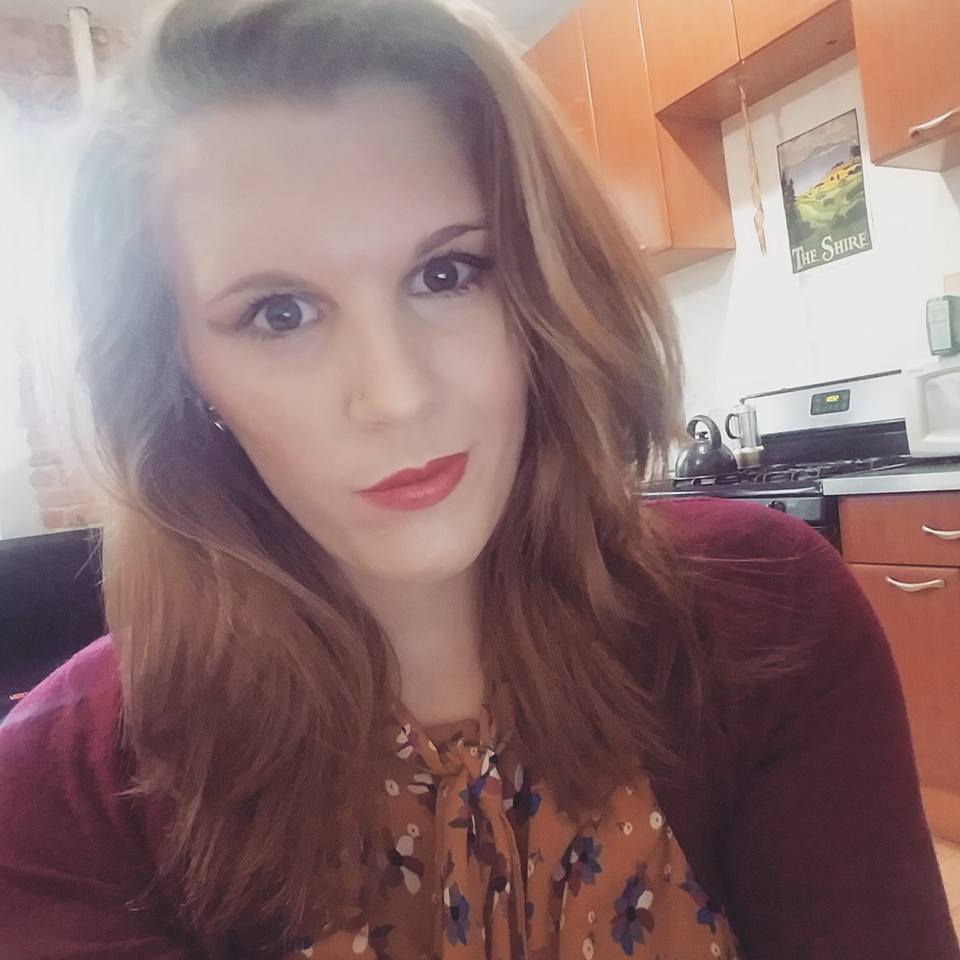 DanaMember
DanaMemberTB Alliance recently finished a trial and is now in between trials. The focus of our programs this year is results dissemination and general research literacy. Even though there is not an ongoing trial right now we want to sustain the commitment and motivation of key partners and community stakeholders through education on TB and TB research to prepare them for upcoming trials.
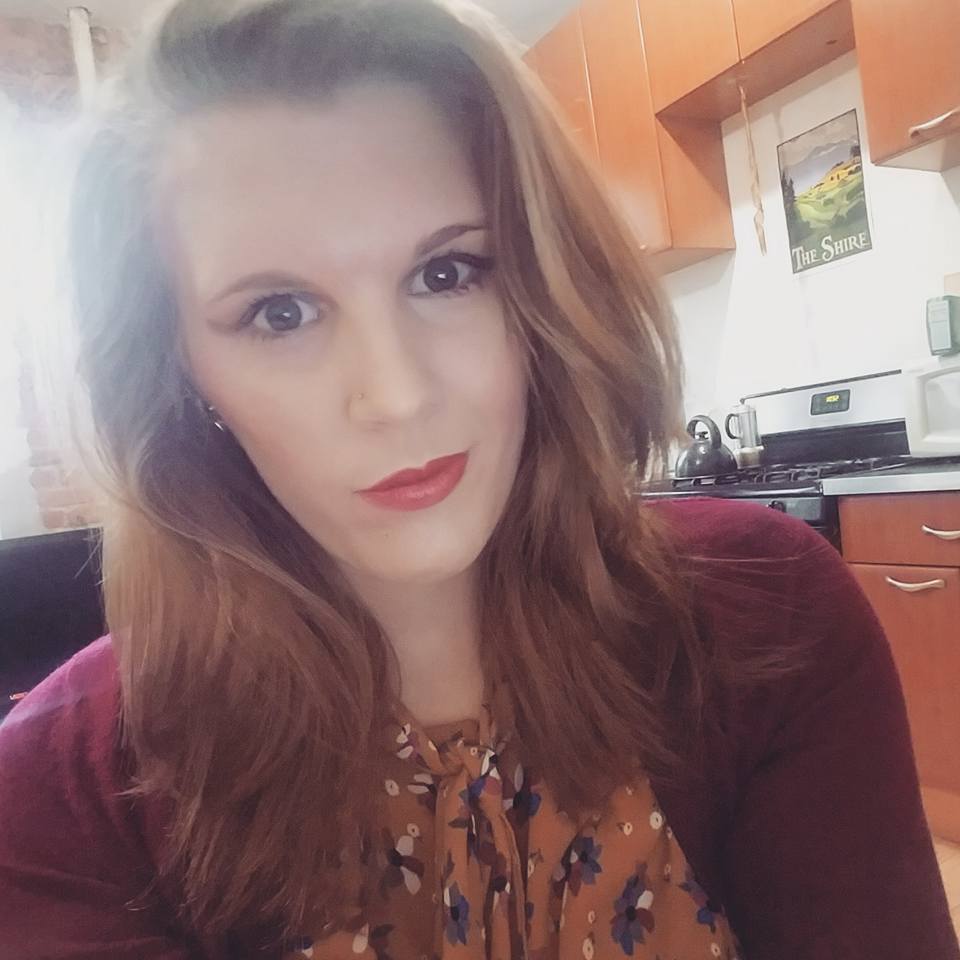 DanaMember
DanaMemberI think the webinar with Anne Rancourt was very useful because it reiterated the importance of reaching out to local media sources and incorporating them within the communication plan to allow for a respectful and transparent relationship where the research team will provide updates to the media to keep them informed. Also it highlighted the importance of social media around the trail to provide a forum for discussion and a way to dispel rumors and concerns within the community around a trial.
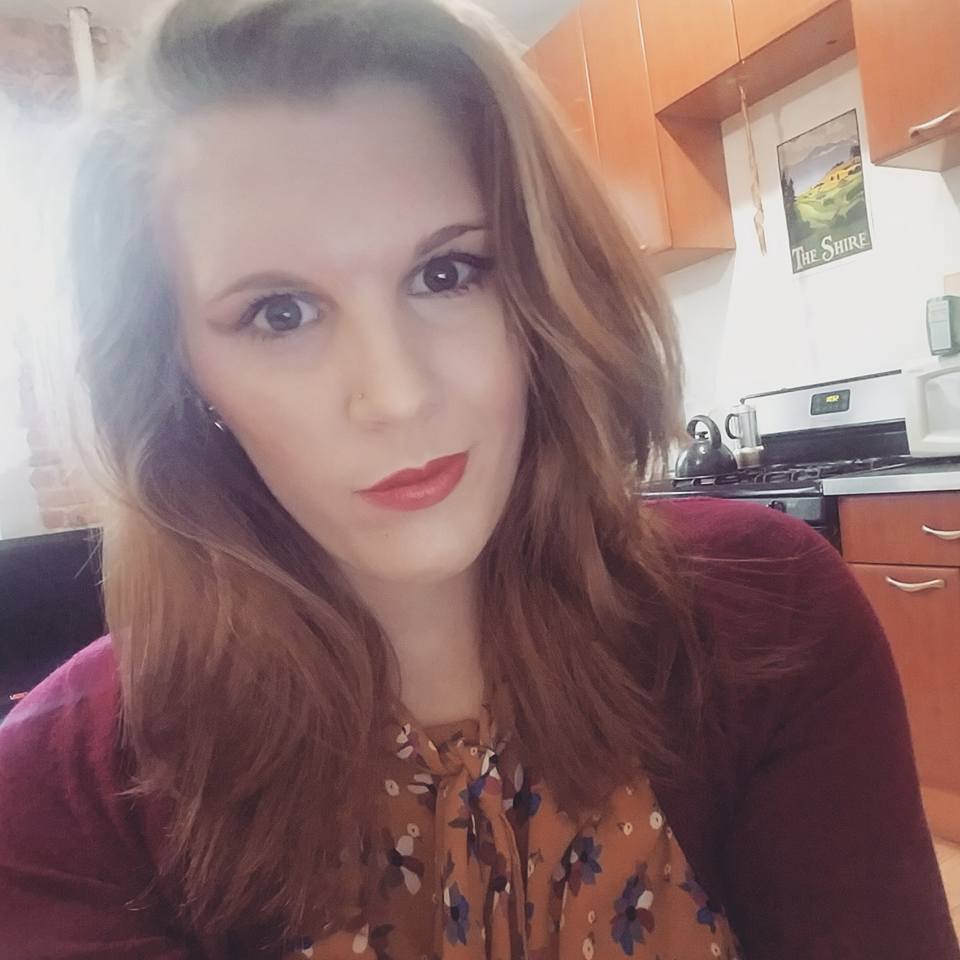 DanaMember
DanaMemberIf the trial sponsors really wanted to have the trial in Thailand, prior to the trial starting, the research team should have reached out to the ministry of health to discuss and coordinate the prevention services that are not yet approved in country and are considered illegal. Ministry of Health representatives in this case may oppose including PrEP as part of the HIV care prevention package and may not be sustainable in the country after the trial is over. Thailand does not seem like the most opportune country for this trial based on their opposition on the distribution of clean needles.
The trial sponsors should have reached out to the Thai Drug Users’ Network, Thai National Network of People Living with HIV and the Thai AIDS Treatment Action Group prior to the start of the trial and received their input and recommendations for the trial protocol and standard of prevention for trial participants. Engaging them early could have prevented the outcry related to the ethical and operational challenges.
There are also ethical concerns when it comes to the research team not mentioning the concerns raised by stakeholders through the course of the trial in the official results dissemination.
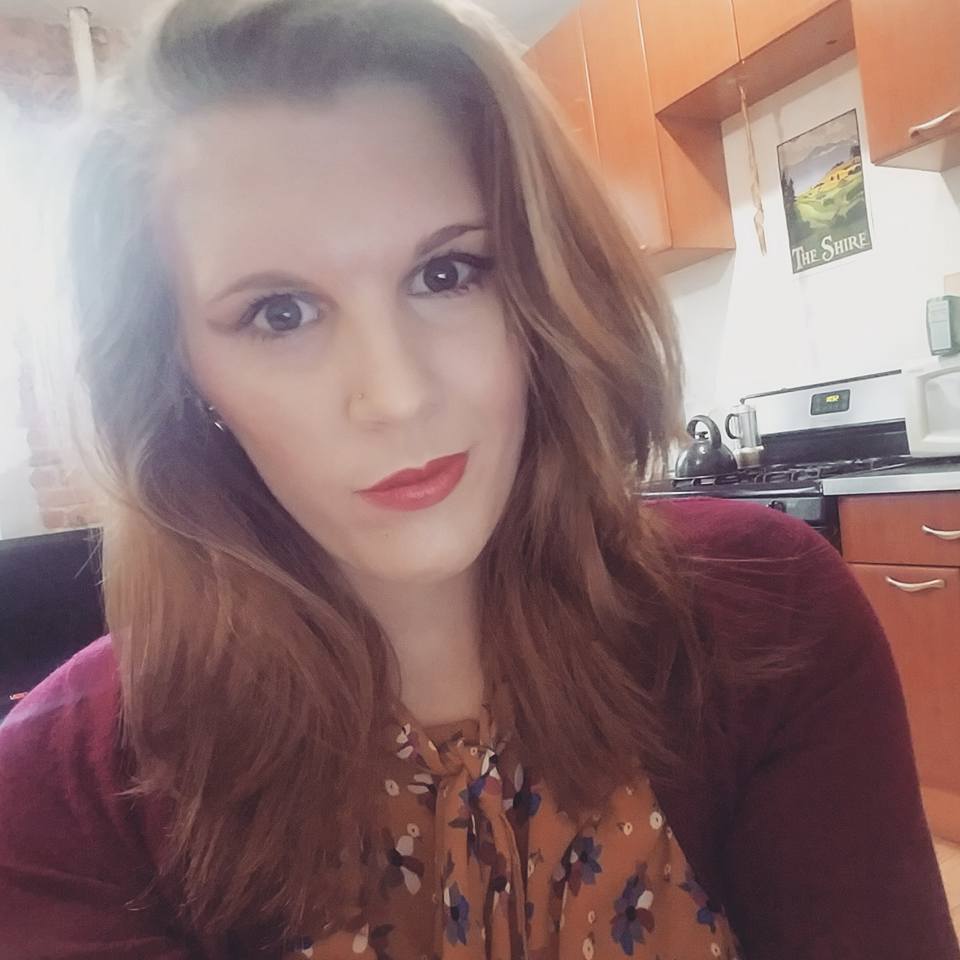 DanaMember
DanaMemberI think having debate and discussion around clinical trial sites is very important for community outreach. Have you started posting on your Facebook page? What kind of articles and discussions do you post on your page? What do you want to get out of the debates on your page?
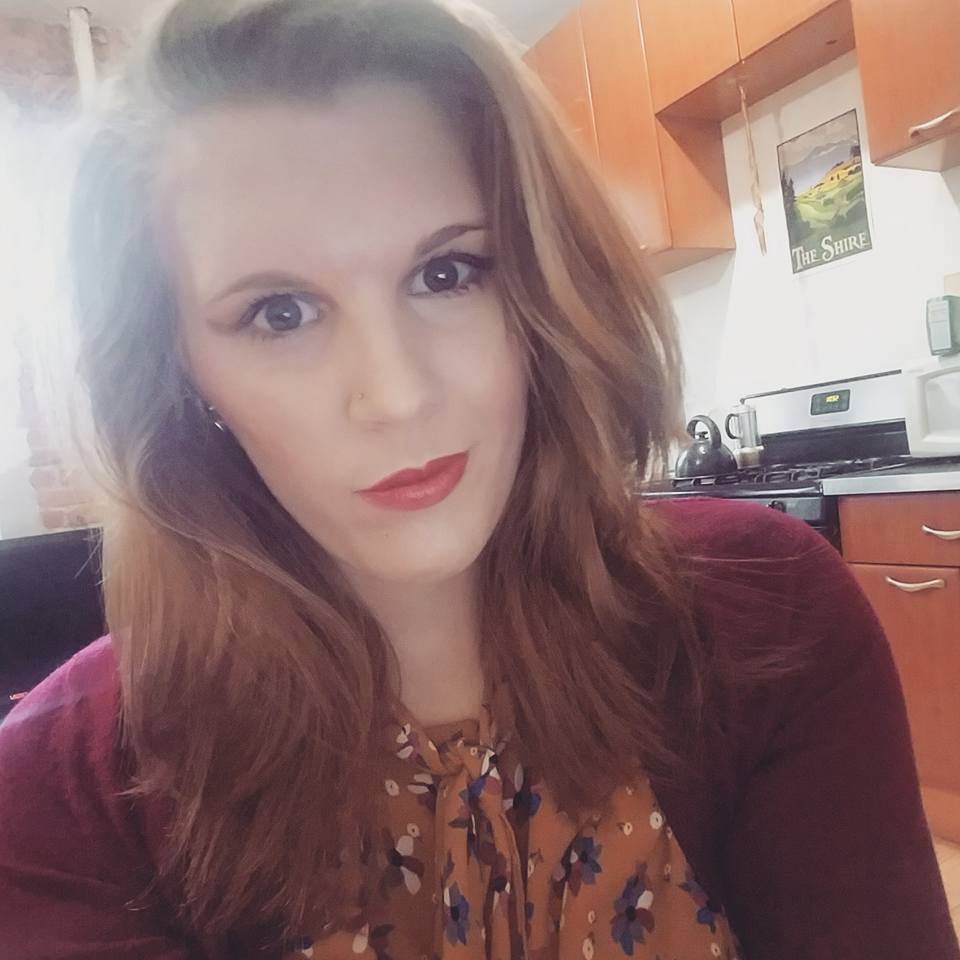 DanaMember
DanaMemberFor TB Alliance, I use Facebook to post about the events that our sponsored community engagement teams do within their respective communities. These posts not only show support to our site level community engagement teams but also they tend to get the most organic amount of likes and comments out of any of our posts on our Facebook page which leads to people reaching out to us not only to learn more about the TB Alliance but also to offer support and ask what they can do to help raise TB awareness within their own communities. Through these posts, we have been able to gain new partners and start discussions in parts of the world we do not customarily have a reach in. Social media has been useful in spreading awareness about TB and TB drug trials and engaging new and different stakeholders with TB Alliance and our clinical trial sites.
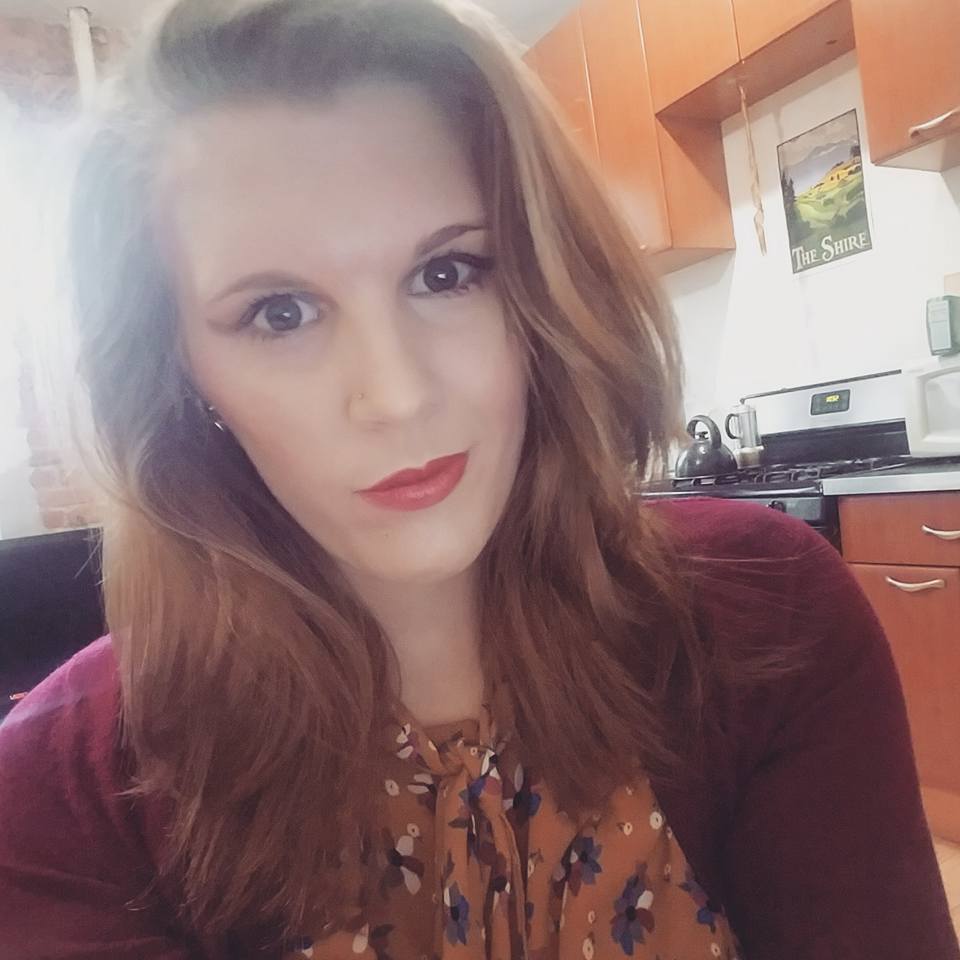 DanaMember
DanaMemberThis is a great idea. How would you reach out to these groups to facilitate dialogue?
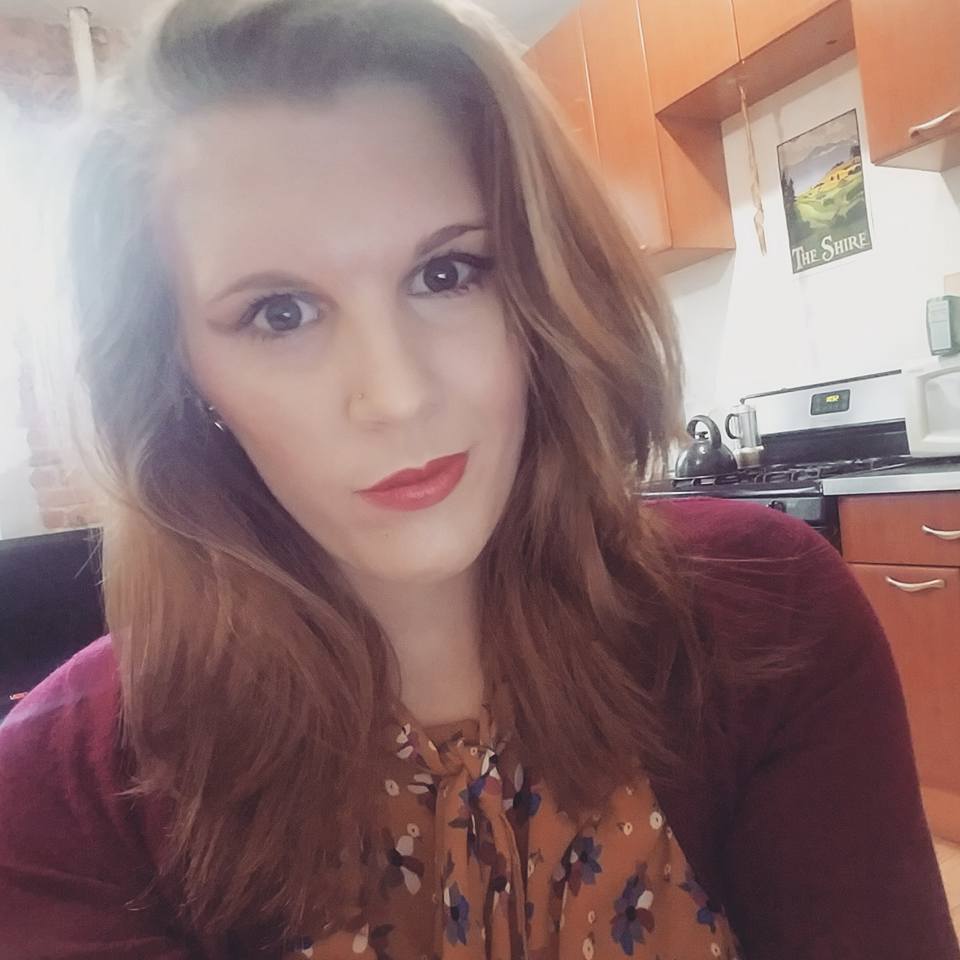 DanaMember
DanaMemberIf there are insufficient resources to fund formative research activities, I think it is possible to still facilitate the participation of community stakeholders in initial outreach and information gathering. You can work with partners who are already on the ground in location of the community and work with them to gain information about the makeup of the community. For example, if you are working on a TB drug trial and one of your partners is working on an HIV vaccine trial in the same area at the same site, you can reach out to them to see what information they have gathered on the community and work with them to see what stakeholders may be relevant to your trial as well. Also you may not be able to hold events yourself, but it is possible to go to other community events that reach relevant stakeholders and network with them there. You can also do demographics research based on census records, if available.
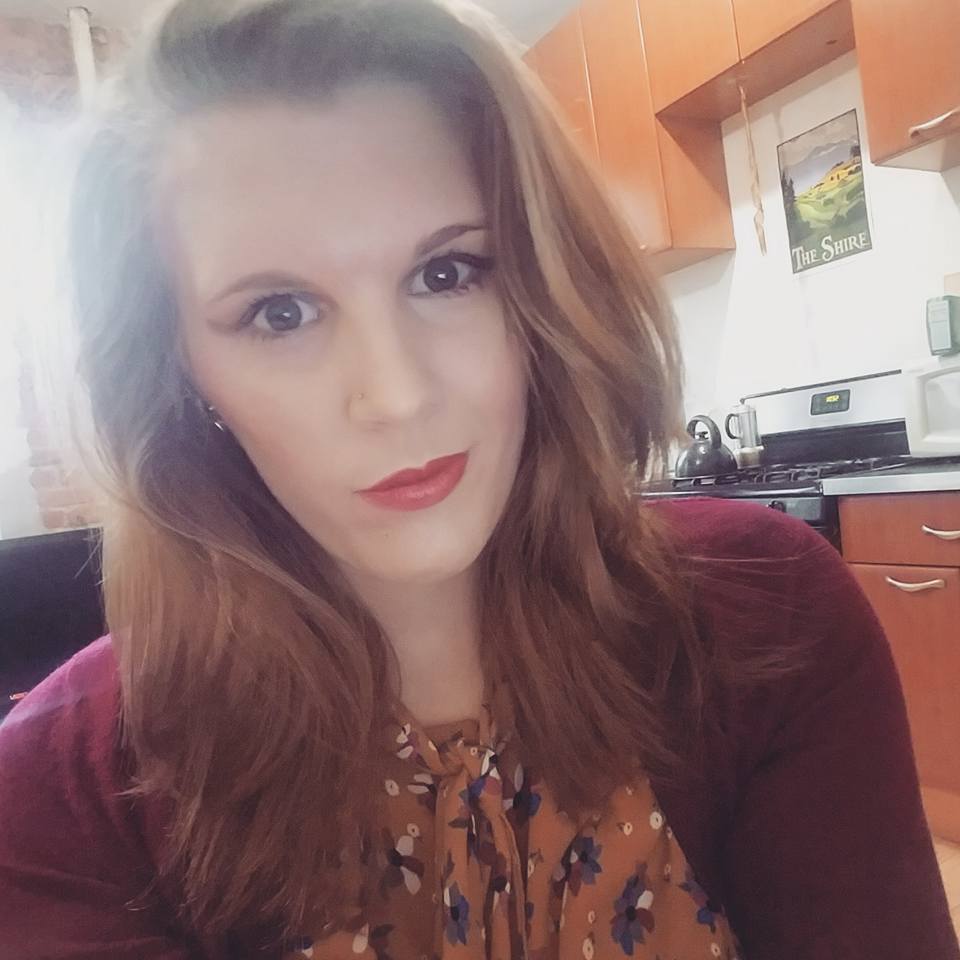 DanaMember
DanaMemberHow do you handle communicate sensitive information to the community? Do you have a strategy in place?
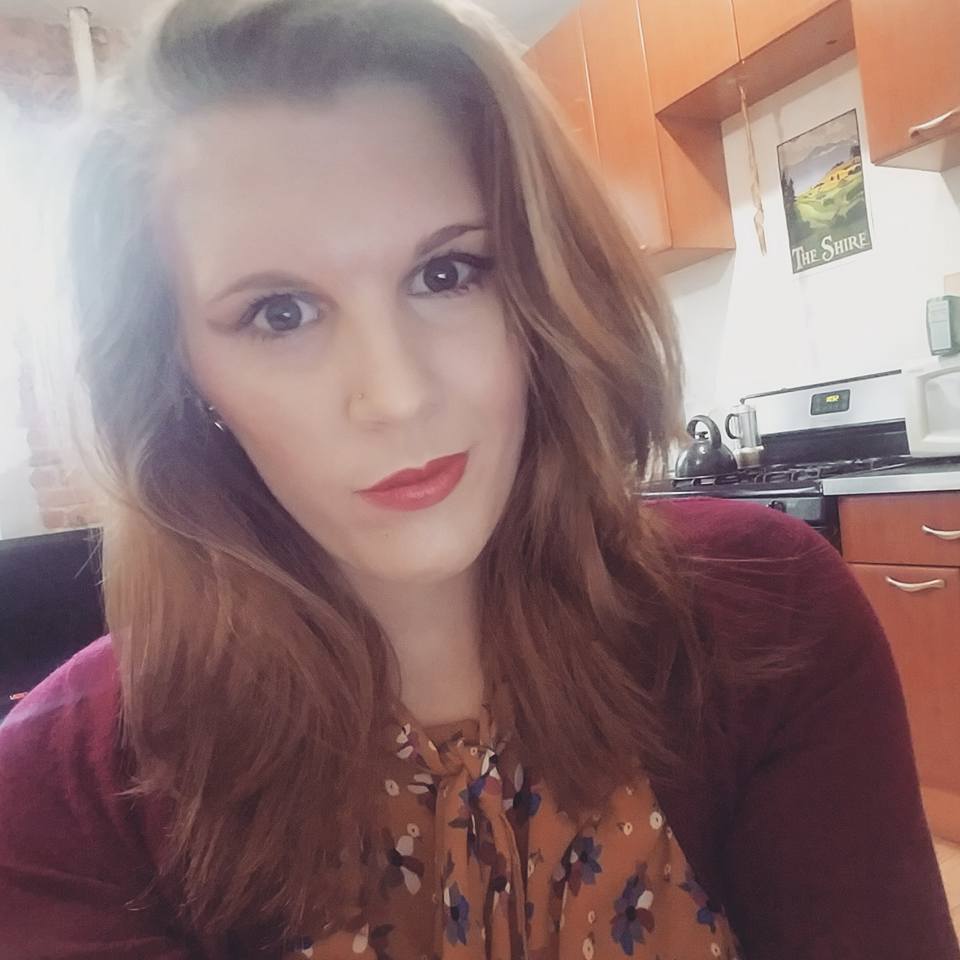 DanaMember
DanaMemberIn my capacity working for a funder, I help coordinate and support our community engagement coordinators on the ground around our clinical trial sites. It is important for us to keep our coordinators informed of any changes or discussions made about the trial so they can inform their communities in a timely fashion so they can dispel rumors or false information around the trial. The creation and dissemination of educational materials on both the disease and research literacy can help coordinators educate and inform their communities. We are open and able to provide support to the coordinators whenever they need. Whether due to timeliness or lack of clarity, I think communication can always be improved.
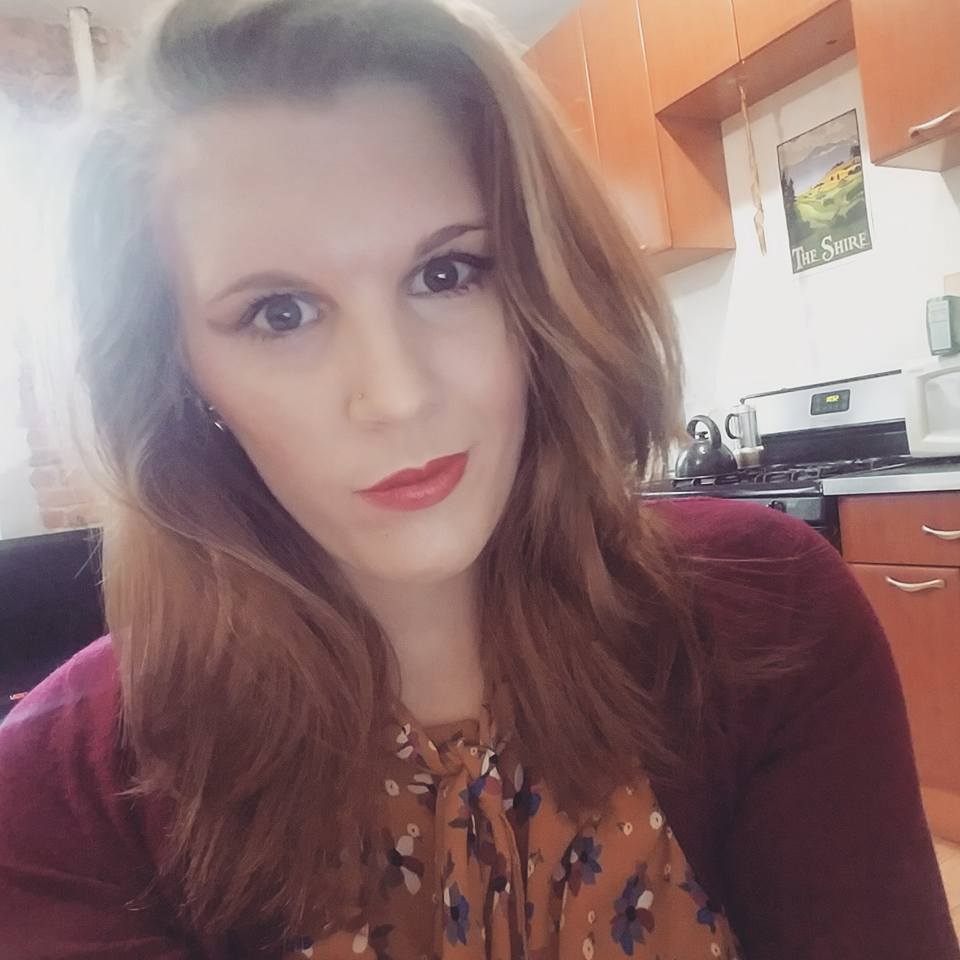 DanaMember
DanaMemberI think it is important for the leadership and team members to work together to define what stakeholder engagement and its value mean to them. Starting on a common ground can help ensure understanding. There should be open, honest communication and transparency between the leadership and team members allowing for everyone to provide their own input and suggestions and making sure all voices are heard. An atmosphere of respect and collaboration will ensure a common understanding. An example would be having an “open door policy.” This policy encourages effective communication and healthy discussion. The leadership is open and available to discussion and feedback that demonstrates respect and openness among levels creating a sense of common understanding.
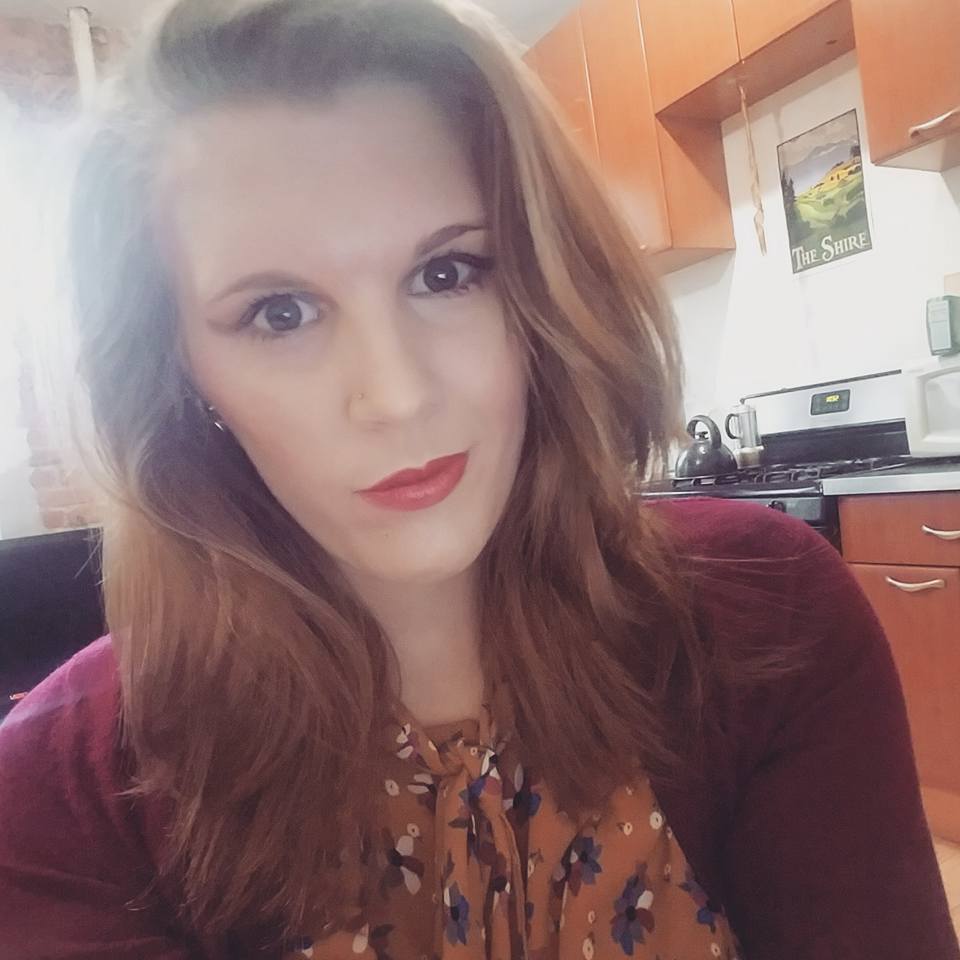 DanaMember
DanaMemberHI, my name is Dana Kappel, and I work on community engagement, external affairs and market access at the TB Alliance. I am taking this course to familiarize myself more with good participatory practice around clinical trials because I work with community engagement coordinators on reporting their community engagement activities and monitoring and evaluation. Previously, I worked in medical research and hospitality. I am originally from Chicago, Illinois, and I hold a Master of Arts in World History and a Bachelor of Arts in Classical Studies from Seton Hall University. I serve as a volunteer for Aid Afghanistan for Education, a non-profit focused on empowering the youth of Afghanistan and rehabilitating their education system.
-
AuthorReplies


